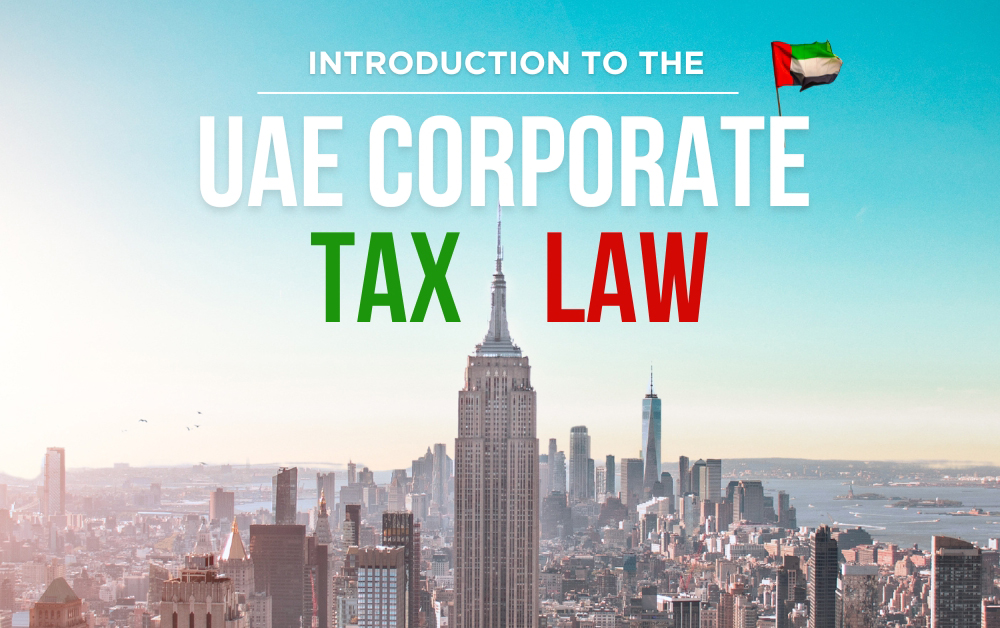A Complete Guide to Corporate Tax in Dubai: What You Need to Know for 2025
2025-09-22

UAE Corporate Tax (CT) is a direct tax on net income (profits) realized by businesses and other commercial entities. It is established in Federal Decree‑Law No. 47 of 2022 on the Taxation of Corporations and Businesses. The intent of the law is to align UAE tax law with international practices, increase transparency, diversify its revenue sources and strengthen its position as a commercial hub.
Current Tax Rates
So effectively, you will not be taxed on profit ≤ AED 375,000; anything above that is taxed at 9%.
In addition:
The law provides definitions for Taxable Person, Resident vs Non-Resident and more. Many businesses partner with an experienced accounting firm in Dubai to ensure compliance with UAE corporate tax regulations and to manage their financial reporting obligations efficiently. The key categories are:
UAE Companies & other Juridical Persons:
Free Zone persons fall into the scope. But many free zone entities will qualify for incentives if they meet certain conditions. There are instances of exemption so being a business or having a license does not automatically mean tax will be due.
For businesses whose first tax period is less than 12 months (where for example, they were incorporated just before or just after 1st June 2023, or where they have a year‑end a few months later), there have been transitional/discretionary deadlines for filing and payment. For certain ‘short tax periods’, some deadlines have been extended (to December 31st, 2024) for any periods ending on or before 29th February 2024.
Natural persons (individuals) conducting business activity under a commercial licence; there is a turnover threshold (turnover exceeding AED 1,000,000 in a calendar year) above which they must register and are subject to corporate tax.
Navigating the UAE’s new corporate tax framework requires clarity, timely compliance, and a deep understanding of evolving regulations. While the law provides clear guidelines, each business’s situation is unique from free zone entities to multinational corporations. To avoid penalties and optimize tax positions, seeking professional advice is essential. Working with a trusted corporate tax consultant in Dubai ensures that your business remains compliant while strategically planning for growth in a changing regulatory landscape.